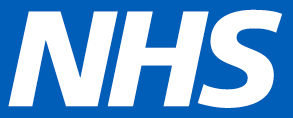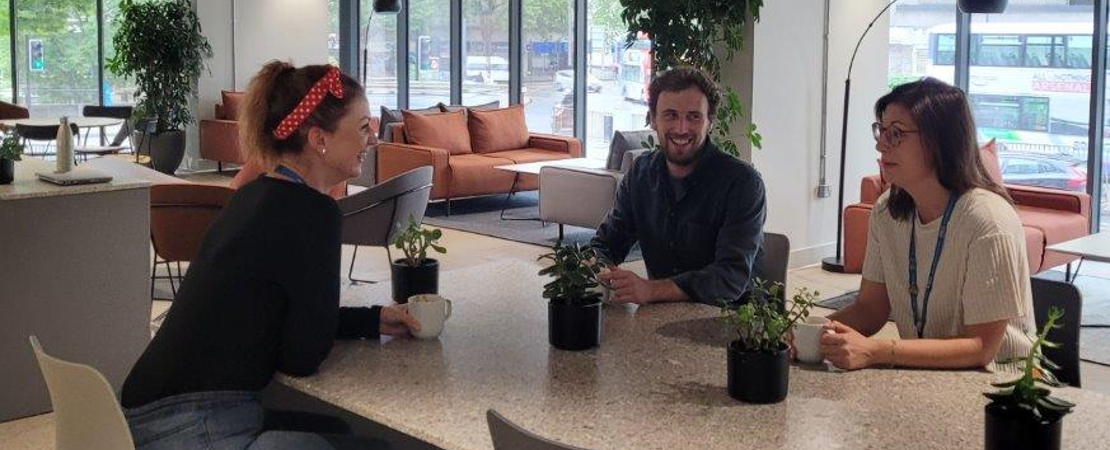This year’s Coeliac Awareness Week, running from 9-15 May, reminded me of a consultation that happened early in my career.
It was a contentious local consultation that gained national attention but brought about a solution through truly listening to and engaging with key stakeholders - meeting local people’s needs, as well as that of the public purse.
What were we consulting about?
At a time of constricted budgets, back in 2012, clinical commissioning groups (CCGs) were facing tough challenges and needed to find considerable savings. Oxfordshire Clinical Commissioning Group (OCCG) identified potential savings of £350,000 a year spent on prescribing gluten free food - bread, pasta and even biscuits - for people with certain allergies and coeliac disease. A system that dated back to the 1960s when gluten free products were hard to find in shops.
A precedent had already been set with a handful of other CCGs restricting prescribing to bread and flour only, but there was no nationally set policy and campaigning groups were very vocal about any changes to local policies.
The value in listening
Planning and preparing for public consultation can be a daunting exercise, especially when your proposal is controversial or challenging, but it’s important to remember that public consultations help those planning services make better decisions.
There are three foundations that underpin any good consultation:
- Having a good case for change and clinical evidence, clearly set out and jargon-free.
- Taking the time to consider who all your stakeholders might be.
- Actively reaching out to all those who should be involved; and listening without bias to all the responses, so that you hear all sides.
OCCG’s proposal was to withdraw funding for all gluten-free prescriptions. The reasoning behind this proposal was that other patients whose diseases are affected by certain foods are not entitled to food on prescription and there is wider availability of gluten-free products in supermarkets.
Working closely with our clinicians to understand the key messages of the consultation, we developed a case for change that hinged not just on withdrawing prescriptions for gluten-free food, but highlighted that the change represented value for money, with savings reinvested in community dietitian services to provide fairer and comprehensive dietary support.
Once the consultation launched it went national within a matter of days, receiving responses from around the country, as well as over 2,000 signatories to an online petition. OCCG was keen to encourage an open dialogue about the proposals, both through an online engagement platform and meetings with national and local representatives of Coeliac UK, Diabetes UK, pancreatitis support network, and other key support groups, as well as those working in dietetics supporting/people to manage their condition.
Overall, those responding to the consultation did not support the proposal, however, it was recognised that savings within the NHS must be found. The solution agreed was to retain prescriptions for bread and flour, in line with the recommendations made by Coeliac UK. In addition, through ongoing engagement and continuous dialogue with key stakeholders, OCCG was able to ensure that there was improved patient information and dietary advice in Oxfordshire for those with coeliac disease.
What does this mean for Integrated Care Boards (ICBs) and Integrated Care Systems (ICS)?
As they develop, ICBs and ICS will encounter large and complex formal consultations like this one, potentially with the need to make tough decisions with restricted budgets and resources. The temptation can be to do the minimal engagement required, but really listening and actively involving all stakeholders and partners across your ICS will reap rewards. Here are our top tips:
- Put yourself in the shoes of the people affected and think about how you will reach them.
- Be clear and transparent – give people as much information as possible so they can make an informed response – well-informed stakeholders can offer a more balanced opinion.
- Promote, promote, promote, and use your partner networks – stakeholders cannot get involved if they don’t know it is happening.
- Make sure your colleagues are prepared to listen and hear the responses. Your organisation must value the views of the people it serves to deliver better and improved services.
- Don’t do engagement and consultation if the decision is already made – this pays lip service to those that participate and doesn’t support change and improvement to services.
Engagement – not once, but continuously
The new Working with People and Communities guidance from NHS England clearly describes the approach for continuous engagement, and new ICS and ICBs have a real opportunity to embed engagement into their day-to-day work and across their new structures. Continuously listening and talking to stakeholders about issues that matter to them and investing in engagement strategies across your organisation and partners means that we can all work together to improve our NHS. After all it is our NHS, supporting us, our families, and our communities, so we all have a view on how to improve and change it for the better.
If you’d like to find out more, then please contact








